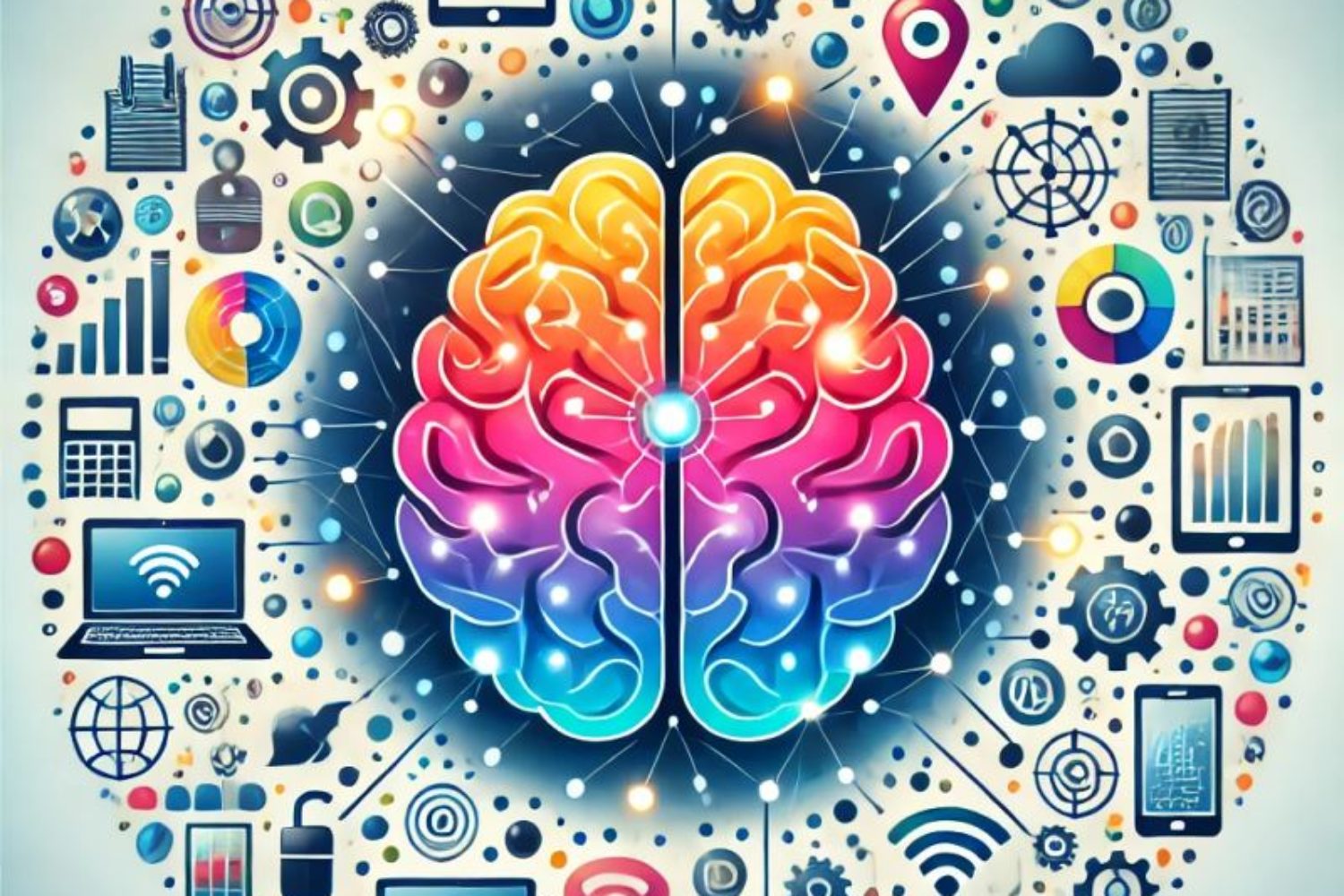In today’s hyperconnected world, our attention is pulled in countless directions. Notifications, emails, and the constant hum of technology have eroded our ability to focus deeply, impacting not just our productivity but also our overall well-being. This is the premise explored in Gloria Mark’s thought-provoking book, Attention Span.
As a founder and business leader, I’ve witnessed firsthand the challenges that distractions pose to leadership, discipline, and organizational growth. In this post, I’ll share the key insights from Attention Span, along with my personal reflections on how we can reclaim our focus to lead more balanced, productive, and fulfilling lives.
Summary of Attention Span by Gloria Mark
Attention Span delves into the science of attention in the digital age. Mark explores how the ubiquitous presence of digital devices has fundamentally altered our cognitive landscape, shortening our attention spans and increasing stress levels. Drawing on nearly two decades of research in human-computer interaction, she debunks common myths about multitasking and provides evidence-based strategies to help us regain control over our attention.

- The Myth of Multitasking:
Mark debunks the popular notion that multitasking is a productivity booster. Instead, she shows how it leads to cognitive overload and diminished performance. Focused attention is far more effective for deep work and creativity.
- Attention Fragmentation:
Digital devices cause frequent shifts in attention, making it difficult to concentrate on one task for an extended period. This constant switching leads to mental fatigue and a sense of dissatisfaction.
- The Stress-Attention Link:
Mark highlights the link between fragmented attention and increased stress. Constant interruptions elevate cortisol levels, making it harder to maintain emotional balance.
- Reclaiming Focus:
The book offers practical strategies to counteract the effects of the digital age on our minds. These include setting boundaries for device usage, practicing mindfulness, and creating environments that foster deep work.

As someone who leads a dynamic organization, I’ve found that focus is a critical ingredient for success. Here are some ways I’ve implemented the principles from Attention Span in my own life and business:
- Creating Focus Zones:
In our office, we’ve established “focus zones”—spaces where no digital devices are allowed. This encourages team members to engage deeply with their work without the distraction of constant notifications.
- Mindful Leadership:
I’ve integrated mindfulness practices into my daily routine to combat the stress associated with attention fragmentation. This not only helps me stay centered but also sets a positive example for my team.
- Digital Detoxes:
Periodic digital detoxes have become a cornerstone of our organizational culture. By encouraging time away from screens, we’re fostering a more balanced and creative work environment.
- Encouraging Deep Work:
I’ve promoted the concept of “deep work” sessions, where team members dedicate uninterrupted time to complex projects. This approach has significantly improved productivity and job satisfaction.
The Road Ahead: Reclaiming Our Attention
The digital world isn’t going away, and neither are its distractions. But by being intentional about how we manage our attention, we can reclaim our focus, reduce stress, and enhance our well-being. Attention Span serves as a crucial guide in this journey, offering practical tools to help us navigate the digital landscape with greater awareness and control.
For startup founders, business leaders, and innovation professionals, mastering our attention is not just about productivity—it’s about creating a work culture that values presence and balance. By embracing these principles, we can lead our teams with clarity and purpose, driving organizational growth and innovation in a sustainable way.
Share your thoughts:
Have you noticed the impact of digital distractions on your work and well-being? How do you reclaim your focus in a digitally driven world? Share your strategies and insights in the comments below.
Author Information:
Gloria Mark is a psychologist and professor of informatics at the University of California, Irvine. Her work focuses on human-computer interaction, and she has extensively researched how digital technology affects our attention and well-being. Her insights have been featured in the New York Times, the Wall Street Journal, the Atlantic, NPR, and the BBC.


